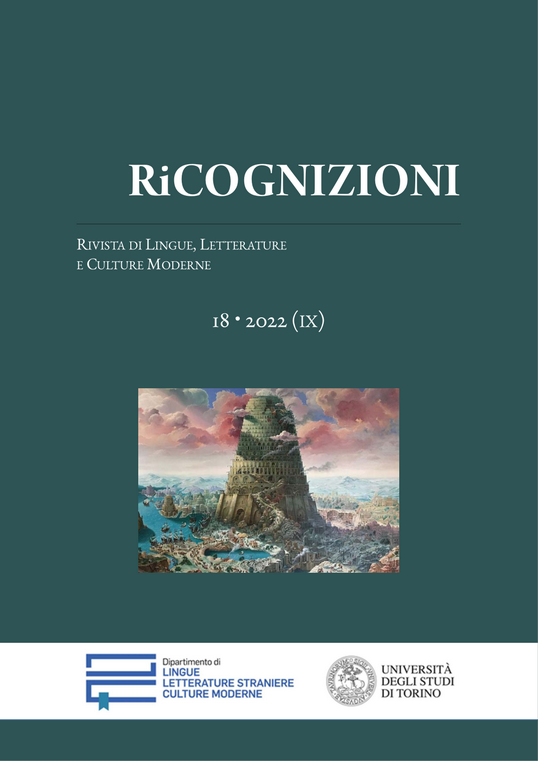Cyberbullying and Gender
Anthropological Modification in Adolescents
DOI:
https://doi.org/10.13135/2384-8987/7021Keywords:
Gender, Adolescence, Violence, Victim, SuicideAbstract
The pervasive presence of social networks in every aspect of everyday life clearly characterises the generation of digital natives, whose cognitive and interpersonal skills have been formed in close contact with the development of information technology and media. This phenomenon is, however, even more significant in relation to the segment of the population born since the late 1990s. It is precisely with reference to this generation that one can speak of an almost total identification of social networks with the functions traditionally performed on the web, with the consequent omnipresence of these tools in the lives of the younger generations. The considerable incidence of the use of social networks in all the activities carried out daily by young people is particularly insidious in relation to the numerous profiles of unlawfulness that these tools can adumbrate, as regards both the hypothesis of committing acts that entail criminal liability, and the exposure to risks of victimisation. The ISTAT report (2019) highlights the lack of awareness among young people of the legal implications of their online behaviour, the increase in verbal violence and aggression on the web against girls compared to boys, and the dissemination of intimate or confidential material. Being accustomed to violent expressions, particularly at a developmental age, makes one unaware of risk situations, to which one exposes oneself both as a victim and as a persecutor. It is easy to underestimate the extent and to find oneself involved in actions that may lead to acts of extreme flight from reality, such as suicide.
Downloads
Published
How to Cite
Issue
Section
License
RiCognizioni is published under a Creative Commons Attribution 4.0 International License.
With the licence CC-BY, authors retain the copyright, allowing anyone to download, reuse, re-print, modify, distribute and/or copy their contribution. The work must be properly attributed to its author.
It is not necessary to ask further permissions both to author or journal board.








